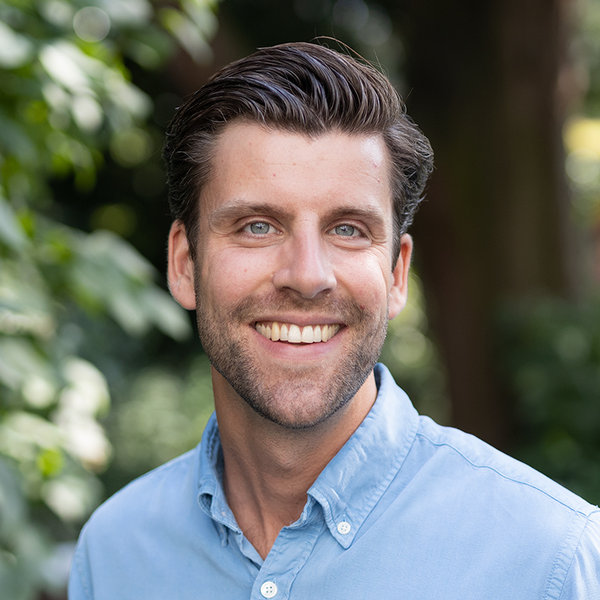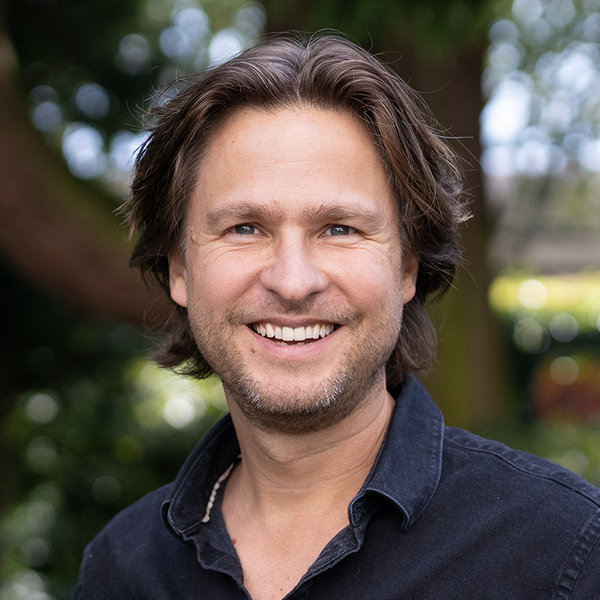As consultants we are facing complex questions and questions that need to be solved in multidisciplinary teams. Because of globalization and technological developments, we see more integrative questions emerge in our time. We call them: Highly Integrative Questions (HIQ’s). Major societal and economical developments consequentially lead to more integrative and complex challenges for local and regional governmental organizations, but also for commercial organizations. The time is near that a city like Shanghai will order a ‘smog-free city’ at a group of non-obvious co-operating organizations (Jansen, 2017). Maybe Amsterdam will organize ‘mobility’ in the future, and Cape Town will order a poverty-free city.
We have gained experience in working with (Highly) Integrative Questions. We have been involved in building institutes for educational and health expertise. Or we have designed the process to create the backbone of the itinerary for the Dutch Railways, where many fields of knowledge and interests come together. More often, we see that these kind of questions and challenges are being approached through either a blueprint model, thoroughly followed-up by a dedicated project manager. Or through a ‘kamikaze’ chaotic creative process, initiated by enthusiastic and positive leaders, who actually do not have a clue what they put into motion.
Both in our national and international projects of the past decade, we have been experimenting with approaches that aren’t just ‘blue’ or ‘chaotic’. We have been inspired by academics like Stephan Jansen and practitioners as Adam Kahane (author of ‘Solving Tough Problems’, ‘Power and Love’ and ‘Collaborating With the Enemy’). In this article we would like to share our insights both from theory and from practice. The goal of this article is to raise awareness of what HIQ’s can be and how to approach them. Therefore, the structure follows three guiding questions:
- What are HIQ’s?
- Where do elements of HIQ’s occur?
- How can we approach HIQ’s?


